Must-Know Bellydance Song: "Misirlou"
Who, What and When?
“Misirlou” is one of the most recognizable Arabic melodies there is, thanks to modern covers by Dick Dale and more recently, sampling by the Black Eyed Peas. The earliest recorded version is from Egypt in 1919, with credit for the composition given to Sayyed Darwish, a prominent composer in Cairo at the turn of the century. Darwish worked with many Greek and Turkish session musicians there and it is likely that is how the tune spread so widely through the Mediterranean.
Greeks and Turks have been known to claim “Misirlou” for their own, though the earliest documented source appears to be Darwish’s Egyptian recording. Early Greek versions from the late 1920’s are often classified as “rebetiko” music, which was urban and political by nature. One of my Greek musician friends described “rebetiko” as “anarchist music” and told me it was banned in Greece from 1938 till around 1950 due to it’s lyric content.
Versions of “Misirlou” abound – from very soft and flowing to upbeat and energetic. Aside from the instrumental variations, there are versions sung in Greek, Turkish, Arabic and probably more out there.
What is “Misirlou” about?
“Misirlou” means “Egyptian Girl”, and the 1919 recording was, in fact, titled “Bint Masr” which means the same in Arabic. It is an ode to an exotic beauty.
My Misirlou, your sweet eyes
Have lit a flame in my heart
Ah ya habibi, ah ya leleli, ah
Honey drips from your lips
Ah Misirlou, your magical exotic beauty
Will drive me crazy, I can’t stand it anymore
Ah I will steal you from Arabia
My black-eyed crazy Misirlou
My life changes with a kiss
Ah ya habibi, with a little kiss, ah
From the little mouth of yours, oh!
Source: Greek Songs – Greek Music . Interesting note – this site credits the lyrics and music to Nick Roubanis, a Greek immigrant who first registered the copyright for it in the United States in 1934.
Because this song is widely known, it is a solid choice for most any audience. Although some would say it’s a bit cliche, it does have a beautiful melody which is probably why it has traveled so far and wide.
Here’s the earliest known Greek recording from 1927
How about you… do you like to perform to “Miserlou”? Do you prefer the faster or slower versions?

